Happy Bees
Volunteers & Contributors
Partners & Sponsors
For All of Us
Bees, both wild and social ones, fulfill 90% of the function that pollinators do, but only social bees can be kept as managed hives while all pollinators benefit from the practices we do to protect and advance honey bees. Pollinators are at the pinnacle of environmental stability and food security but they’re declining rapidly due to several factors that needs our urgent attention
Our Top Priorities
Woman empowerment
Training beekeepers & skills
ENVIROMNENTAL
Research, Pioneer Projects & Information
YOUTH
Research, Pioneer Projects & Information
DEVELOPMENT
Markets & Networks, inlc. Securing Funding
Working together
Bees have advanced and accurate communication to share information that ensures them to survive, thrive and when ready move to the next location. When a hive has established a structure and advance to a level were it’s strong enough to sustain themselves (with enough resources and bees of all ages fulfilling different functionalities) the old queen leave willingly and is replaced by a younger one. A large number of bees different functionalities and ages go along with the queen to a new location already identified by scouts. There they replicate the structure with systems adapted to the area that will allow them to progress and ensures the regeneration of bees.
Our vision, mission and objectives are inspired by the bees from where we still continually learn so much including better communication, practical guides and inter-connectivity to create sustainable ways of living. The inspiring program that was started for woman beekeepers by UNESCO contributed to the realization that a team of local woman beekeepers that was already supporting each other and have courage and perseverance can make a national contribution to several crosscutting sectors and participate globally.
Our Partners & Sponsors
![tinywow_[Original size] NAMIBIA BEE ASSOCIATION (500 × 300 px) (4)_9584621](http://womenforbees.org/wp-content/uploads/2022/12/tinywow_Original-size-NAMIBIA-BEE-ASSOCIATION-500-×-300-px-4_9584621.png)


